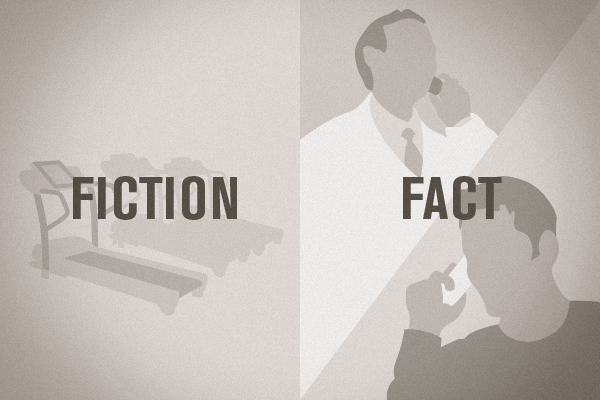High-deductible health plans appeared after legislation was passed in 2003 that required persons opening a health savings account to enroll in a high-deductible plan. They gained prominence recently as employers watched their own healthcare spending skyrocket.
And in 2013, the U.S. Department of Health and Human Services reported that healthcare spending had grown at a record low pace from 2009 to 2011.
However, in this new HSA environment, practices need to think more like a business.
